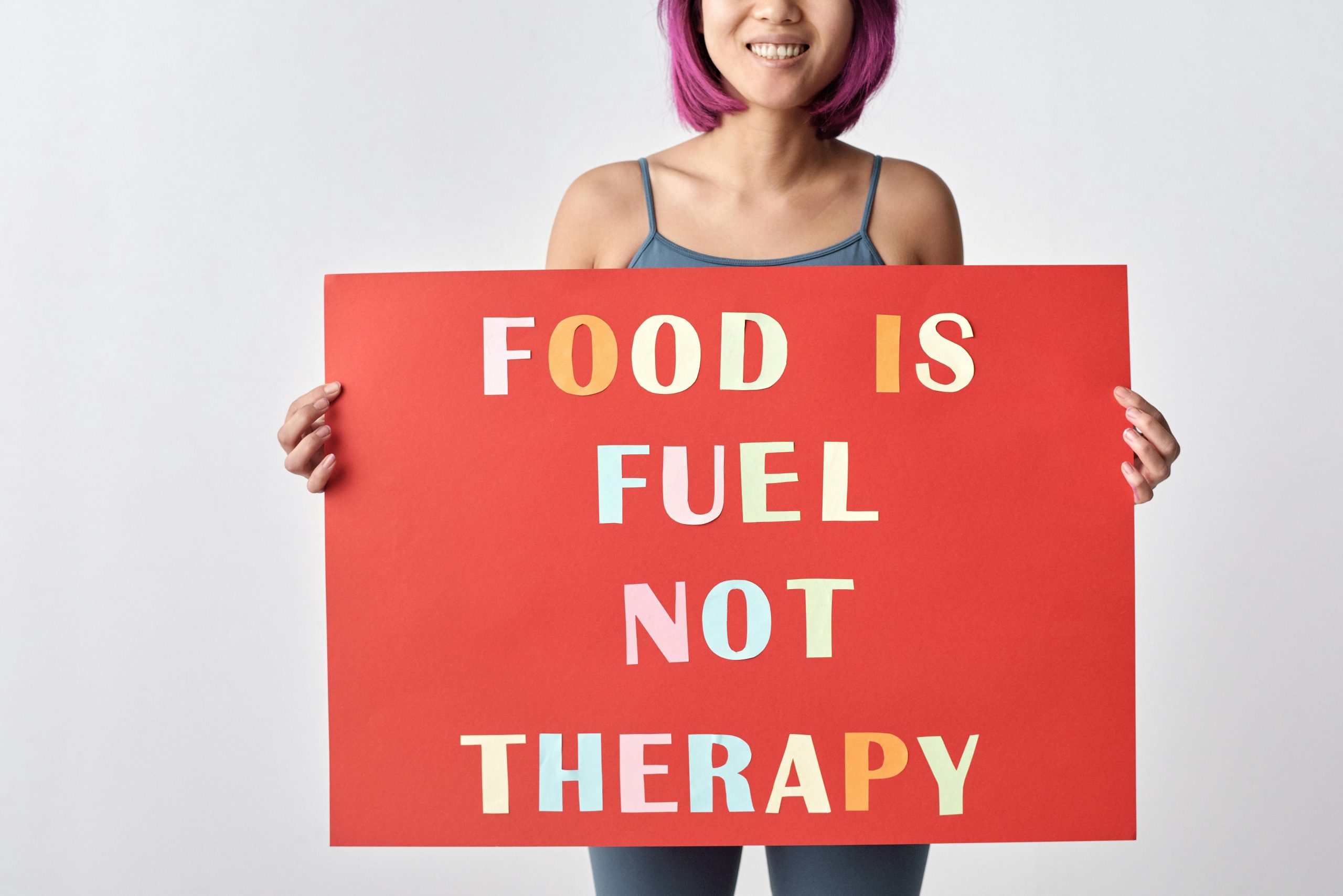Our relationship with food is deeply personal and complex. Food provides nourishment, pleasure, cultural connection, and comfort. However, for many people, this relationship becomes strained or unhealthy. It might involve cycles of restriction and bingeing, obsessive thoughts about food and weight, emotional eating, or guilt and shame surrounding meals. An unhealthy relationship with food can significantly harm both physical health and emotional well-being. Recognizing the signs and taking steps toward healing is crucial. You can foster a more peaceful, balanced, and nourishing connection with food. Here’s how to begin the healing process.

Image Source: Pexels
Recognizing an Unhealthy Relationship with Food
What does an unhealthy food relationship look like? Signs include frequent dieting or rigid food rules. It might involve labeling foods as strictly “good” or “bad.” Obsessively counting calories or macros is another sign. Feeling intense guilt or shame after eating certain foods is common. Using food to cope with emotions (stress, boredom, sadness) regularly indicates emotional eating. Having obsessive thoughts about food, weight, or body image that interfere with daily life also signals a problem. Recognizing these patterns without judgment is the first step.
Identifying Your Emotional Triggers for Eating
Emotional eating involves using food to soothe, numb, or cope with feelings, rather than physical hunger. Identifying your triggers is key to changing this pattern. Do you reach for food when stressed, lonely, bored, anxious, or sad? Do you eat as a reward or a procrastination tool? Start noticing *when* and *why* you eat, not just *what* you eat. Keep a journal for a few days, noting your mood before and after eating. Recognizing these emotional connections helps you find alternative coping strategies for those feelings besides turning to food.
Moving Beyond Restriction and Diet Culture

Image Source: Pexels
Chronic dieting and restrictive food rules often fuel unhealthy relationships with food. Depriving yourself of certain foods can increase cravings and lead to cycles of restriction followed by overeating or bingeing. Diet culture promotes unrealistic body ideals and often fosters guilt and shame around eating. Healing involves challenging these restrictive mindsets. Give yourself unconditional permission to eat all foods (unless medically necessary to restrict). Focus on adding nutritious foods rather than solely restricting “bad” ones. Rejecting the diet mentality is liberating.
Practicing Mindful and Intuitive Eating
Mindful eating involves paying full attention to the sensory experience of eating – the tastes, textures, smells – without judgment. Intuitive eating encourages listening to your body’s internal hunger and fullness cues. Ask yourself: Am I truly hungry? What does my body need right now? Eat slowly, savoring each bite. Stop when you feel comfortably full, not overly stuffed. Learning to trust your body’s signals helps rebuild a connection disrupted by external rules or emotional triggers. This takes practice and patience.
Focusing on Nourishment and Well-being, Not Just Numbers
Shift your focus from calories, weight, or food rules towards overall nourishment and well-being. How does food make your body *feel*? Which foods give you sustained energy and help you feel good physically and mentally? Prioritize whole, nutrient-dense foods most of the time because they support health, not because they fit arbitrary rules. Allow room for enjoyable “soul foods” without guilt. Health encompasses physical, mental, and emotional well-being, not just a number on the scale or a restrictive diet plan.
Seeking Professional Help When Needed (Therapist, Dietitian)
Healing a deeply ingrained, unhealthy relationship with food often requires professional support. Therapists specializing in eating disorders or disordered eating can help address underlying emotional issues, trauma, or body image concerns contributing to the problem. Registered Dietitians specializing in intuitive eating or non-diet approaches can provide guidance on balanced nutrition without triggering restrictive patterns. Don’t hesitate to seek help; professionals offer tools, support, and accountability crucial for lasting change. You don’t have to do it alone.
Cultivating Body Acceptance and Respect
A negative body image often fuels unhealthy eating behaviors. Healing your relationship with food usually involves working towards body acceptance or, at minimum, body respect. This means appreciating your body for what it *does* (allows you to move, experience life) rather than focusing solely on its appearance. Challenge negative self-talk about your body. Engage in activities that make you feel good in your body (like gentle movement or comfortable clothing). Shift focus from appearance to function and overall health. Treat your body with kindness.
Finding Peace with Food and Body
Your relationship with food doesn’t have to be a source of stress, guilt, or obsession. Healing involves recognizing unhealthy patterns, understanding emotional triggers, rejecting restrictive diet culture, and reconnecting with your body’s internal cues through mindful and intuitive eating. Focus on nourishment and overall well-being rather than external rules or numbers. Cultivate body respect and seek professional help when needed. Building a peaceful, balanced, and nourishing relationship with food is a journey worth taking. It fosters both physical health and profound emotional freedom.
What does a healthy relationship with food mean to you? What steps have you found helpful in moving away from dieting or emotional eating? Share your thoughts and experiences below.
Read More

